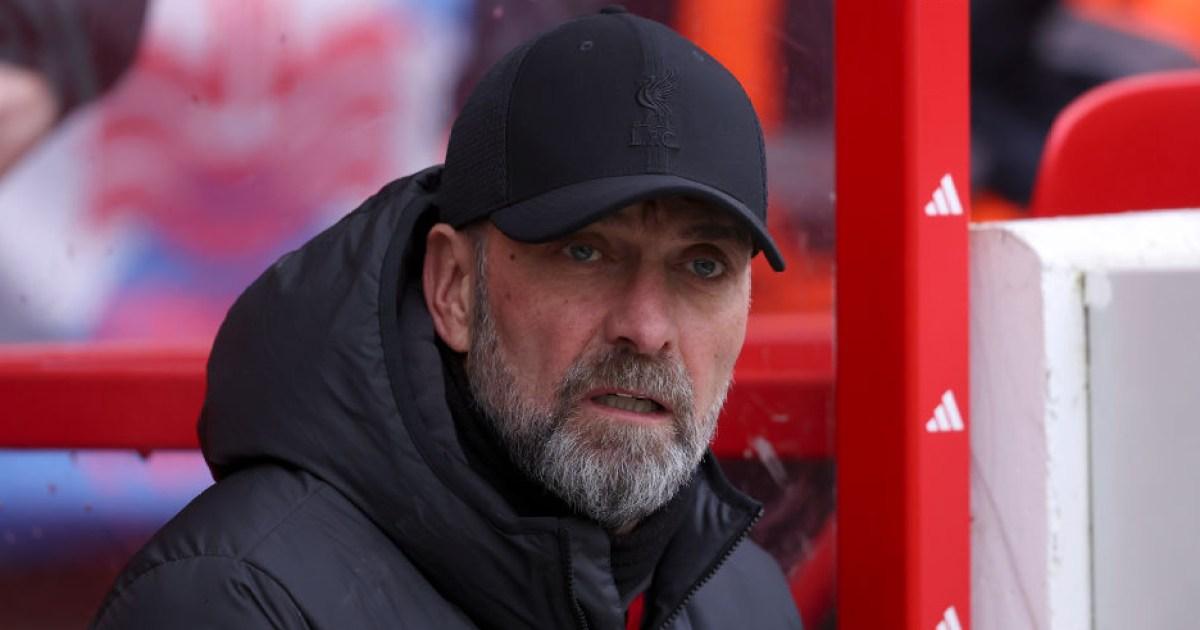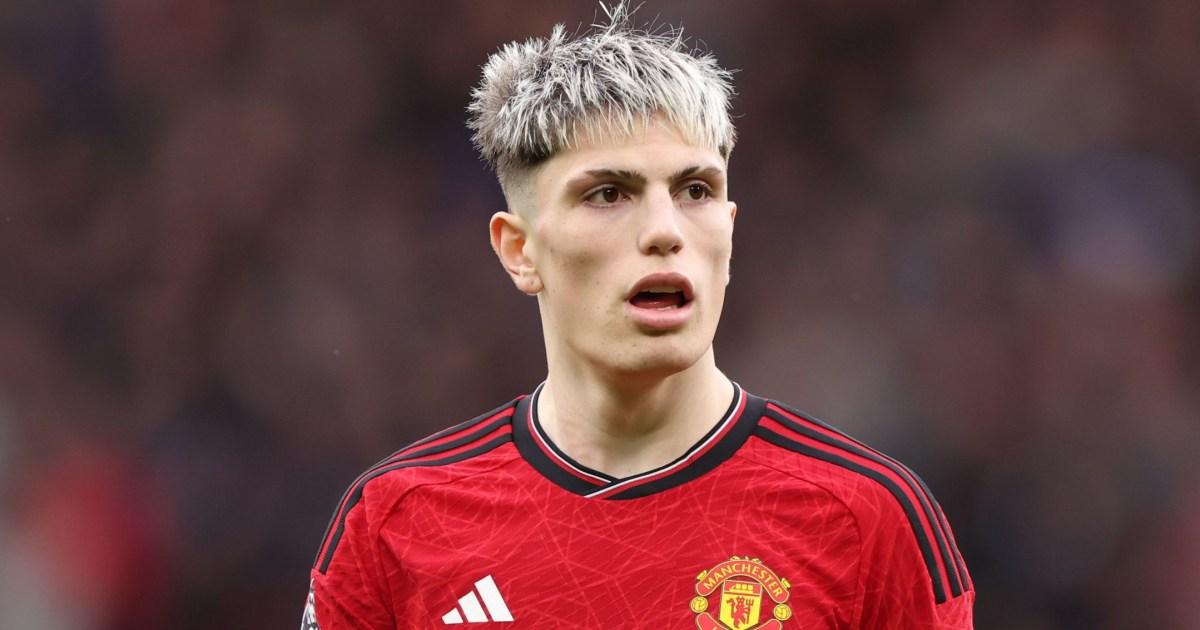By the seventh month of pregnancy, expectant mothers can be forgiven for sporting comfortable shoes and clothes with a little give.
But on the third day of the Paris 2024 Olympics, Egyptian fencer Nada Hafez instead donned an electrically-conductive jacket, a sabre and a mesh wire mask as she took herself and her unborn child on the field of play in the stunning surroundings of the Grand Palais.
The 26-year-old won her first match in the women’s individual sabre competition, but was then knocked out in the last 16, and later revealed that she had fought while seven months pregnant.
“What appears to you as two players on the podium, they were actually three! It was me, my competitor, and my yet-to-come to our world little baby!” said the Cairo native in a post on Instagram. Appearing at her third Olympics, Hafez said “pride fills my being” after taking to the piste while expecting.
The fencer beat Elizabeth Tartakovsky of the United States 15-13 before losing 15-7 to Jeon Hayoung of South Korea.
“My baby and I had our fair share of challenges, be it both physical and emotional,” she wrote. “The rollercoaster of pregnancy is tough on its own, but having to fight to keep the balance of life and sports was nothing short of strenuous, however worth it. I’m lucky to have shared the trust of my husband [Ibrahim Ihab] and that of my family to be able to come this far. This specific Olympics was different; three times Olympian but this time carrying a little Olympian one!”
Paris 2024 has become a major celebration of sporting mothers, with more than ever women with children taking part in the Olympics and Paralympics. The Olympic village has a nursery for the first time, and many countries have used the Games to highlight the endeavours of all women on their teams.
Olympic rower Helen Glover, the world’s No 1 female rower and a two-time Olympic champion, said the Games were changing attitudes towards mothers competing at the highest level, but said fathers on Team GB receive less scrutiny for being parents than female peers.
Glover, who has three children, has been outspoken about the difficulties of juggling parenthood as an elite athlete long since announcing her return from retirement a year ago to compete in Paris.
“Many men in Team GB have children, and it’s not spoken about because it doesn’t change anything. And it’s expected that their careers are longer than women’s careers,” Glover told the Radio Times. “But hopefully the biggest thing about these Games is how many women competitors are coming back after having children.”
When competing in Tokyo in 2021, Glover was the first mother to make the Great Britain rowing team, and qualified for the Olympic final 18 months after giving birth to twins.







